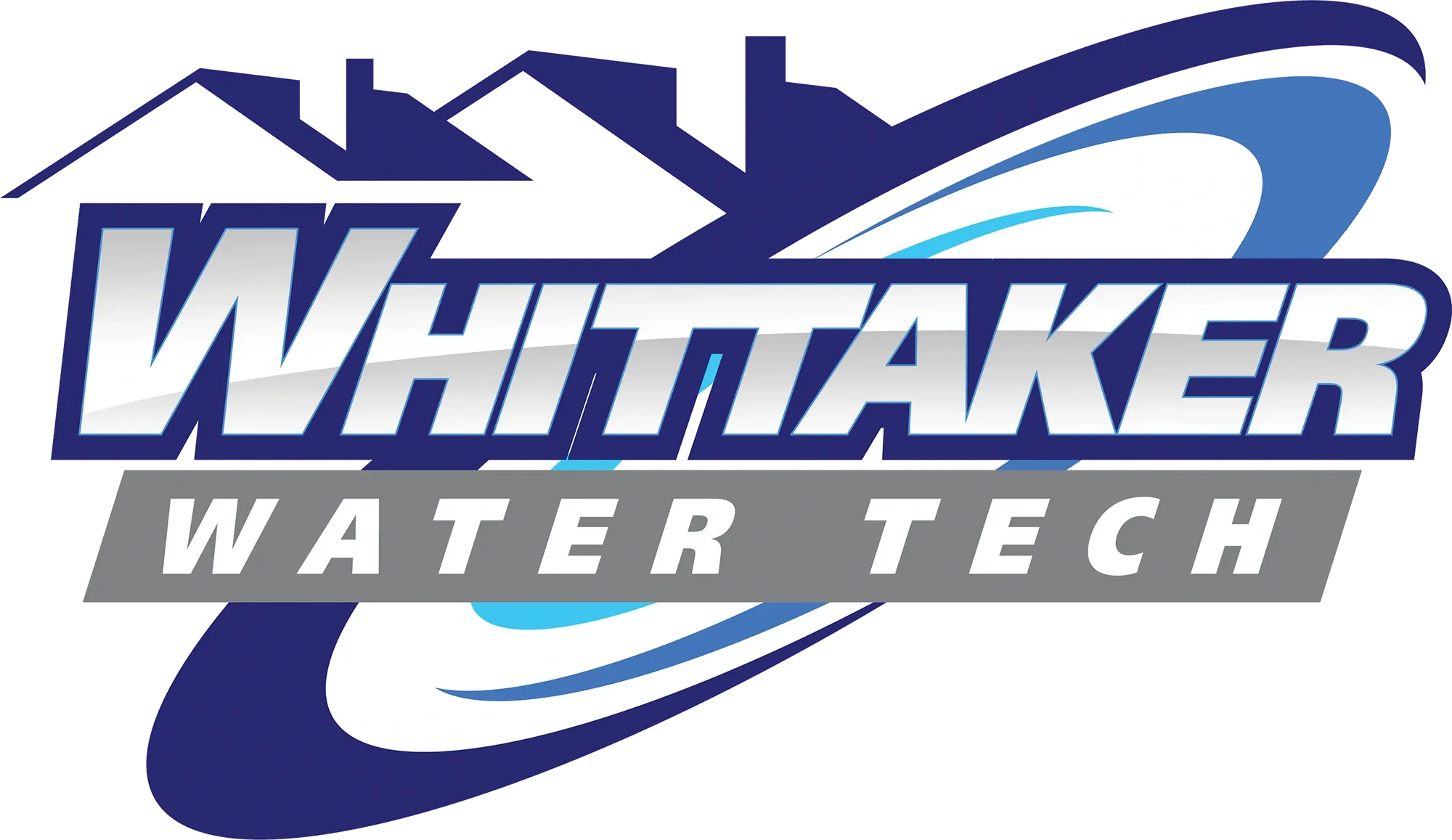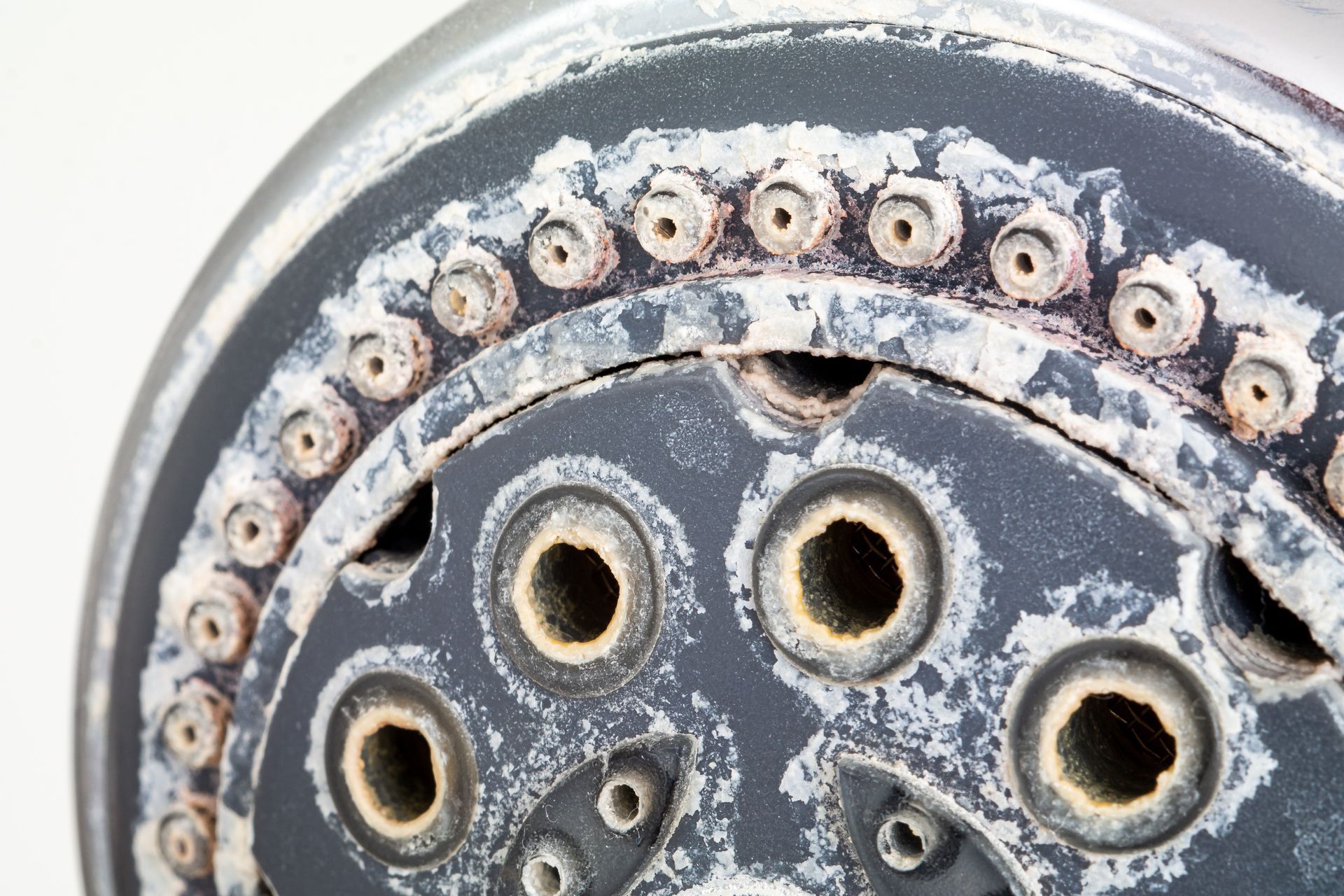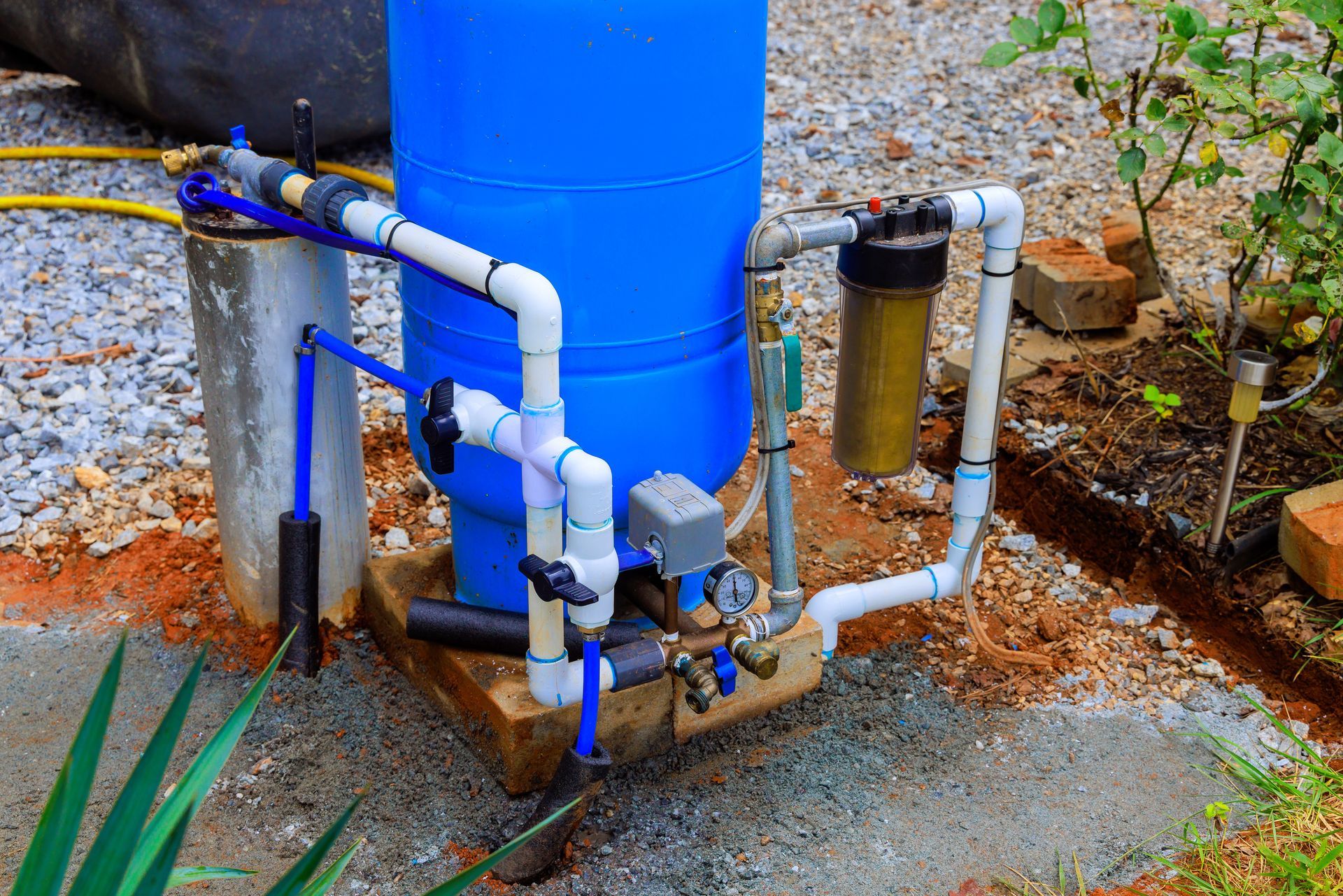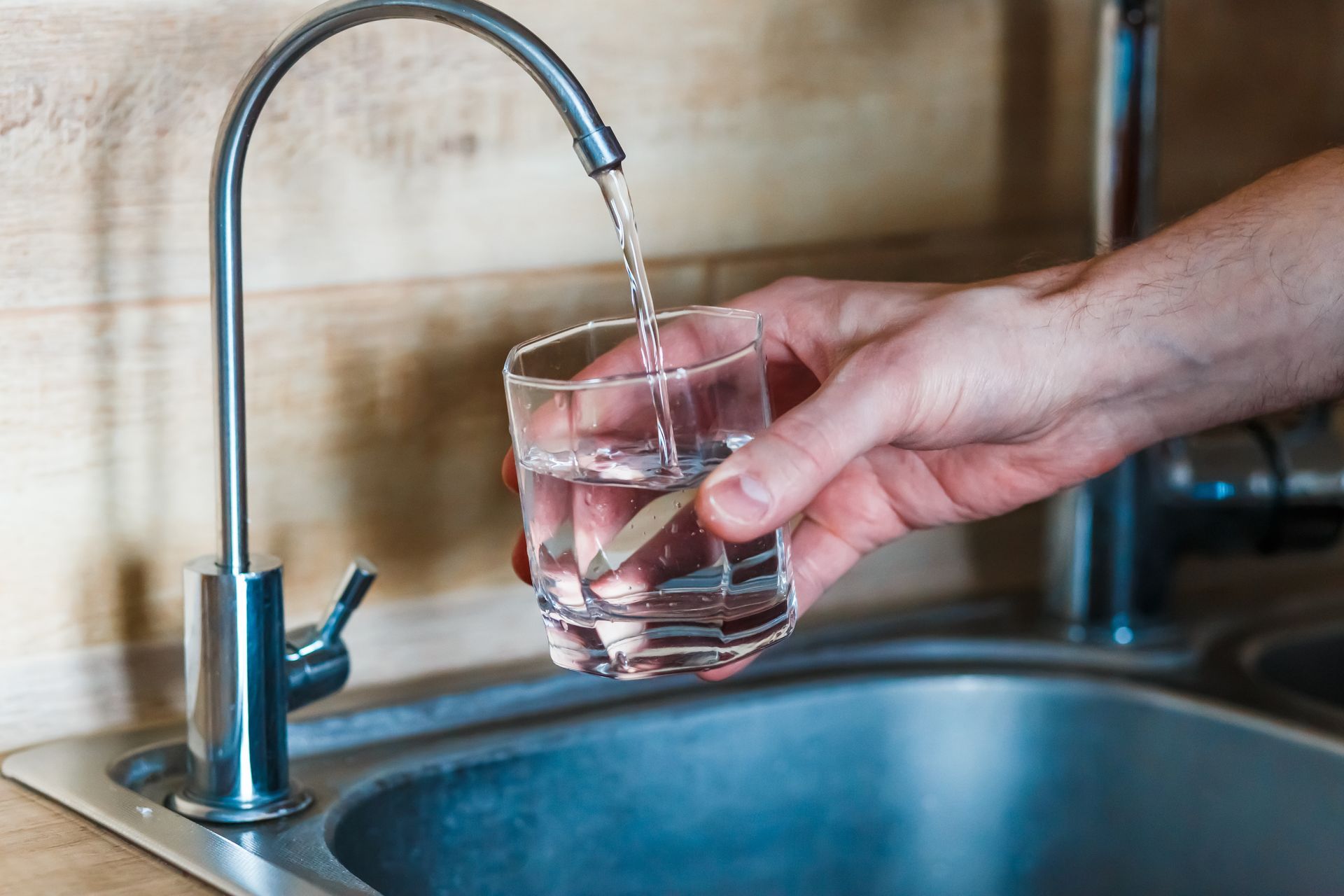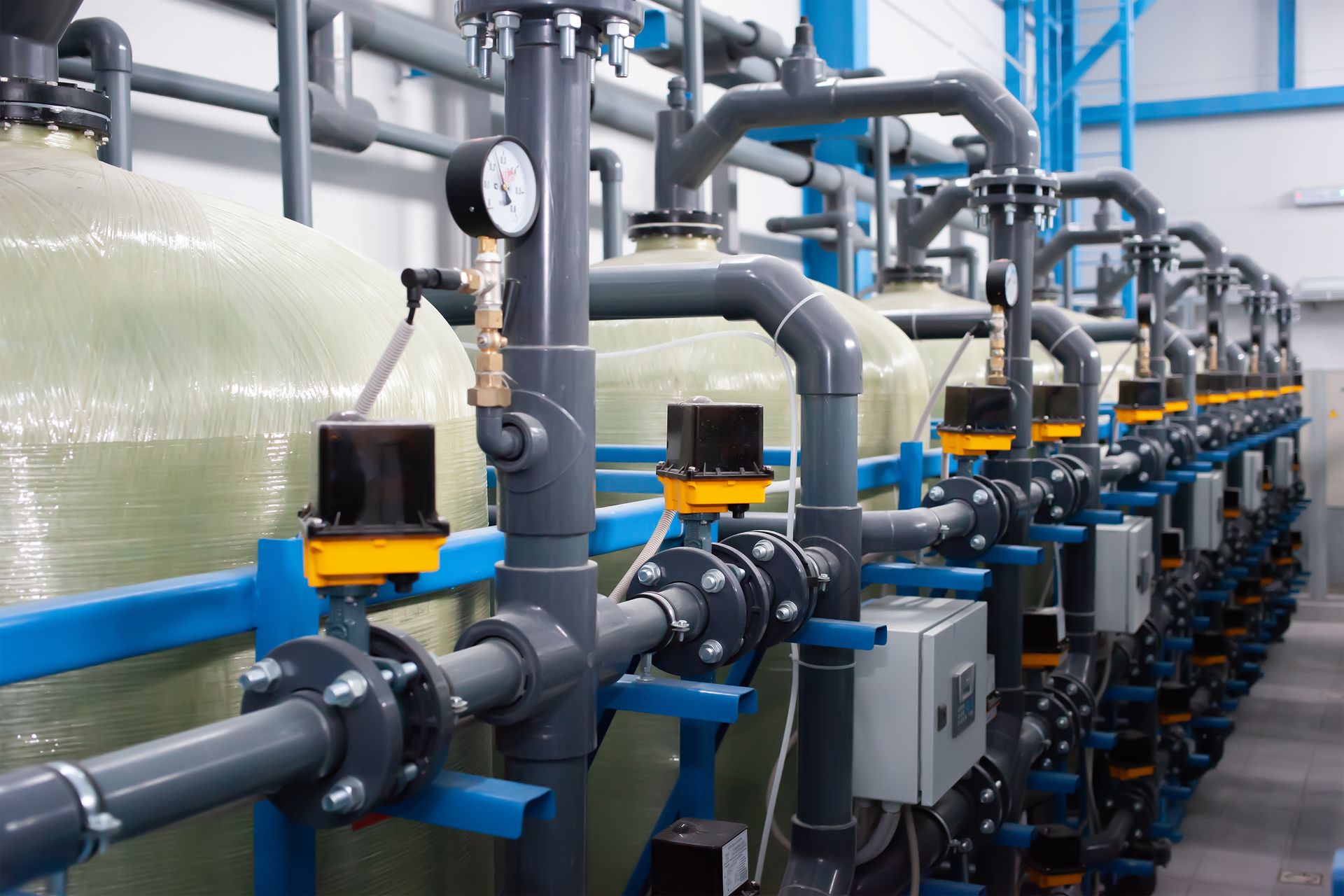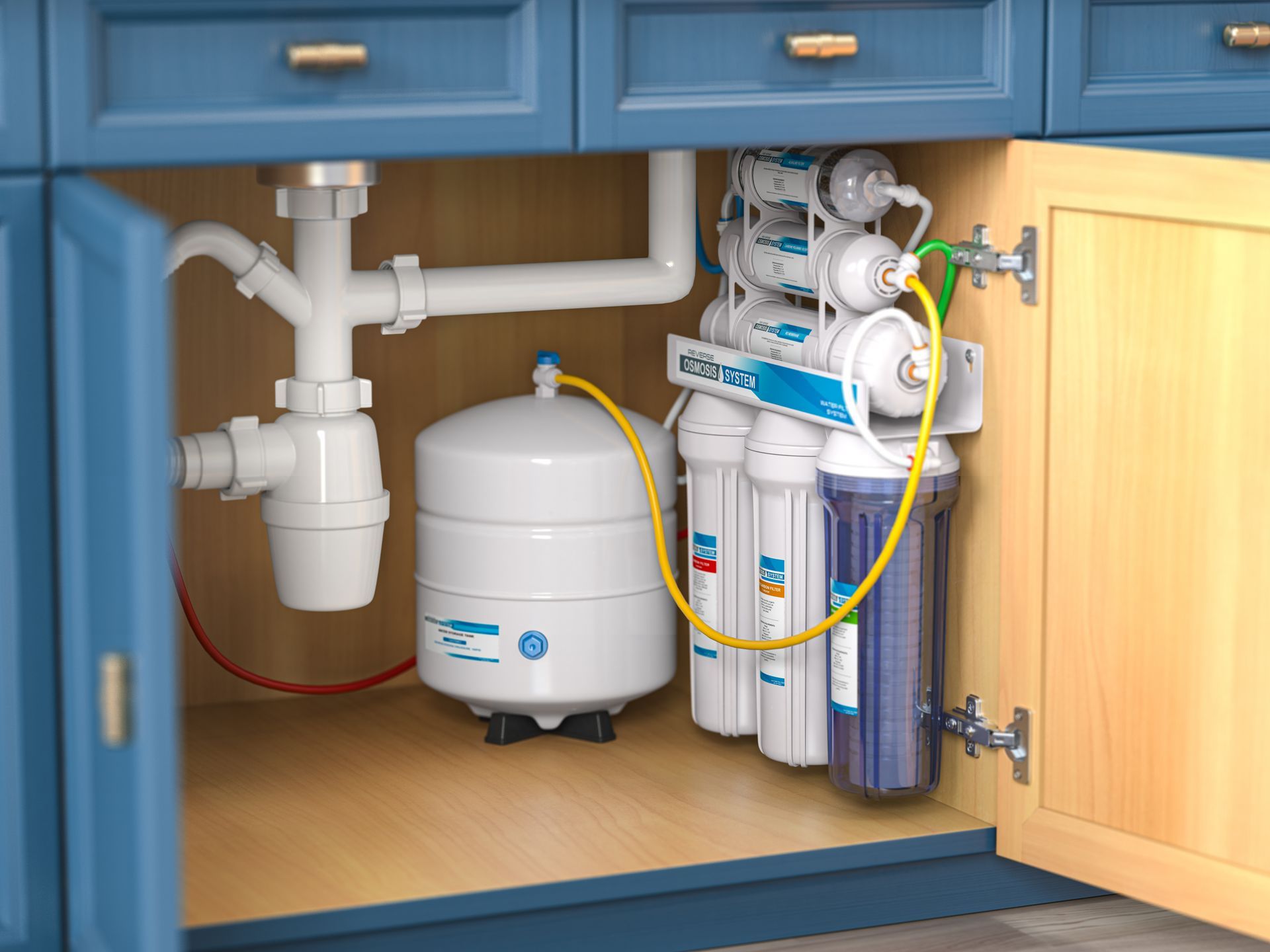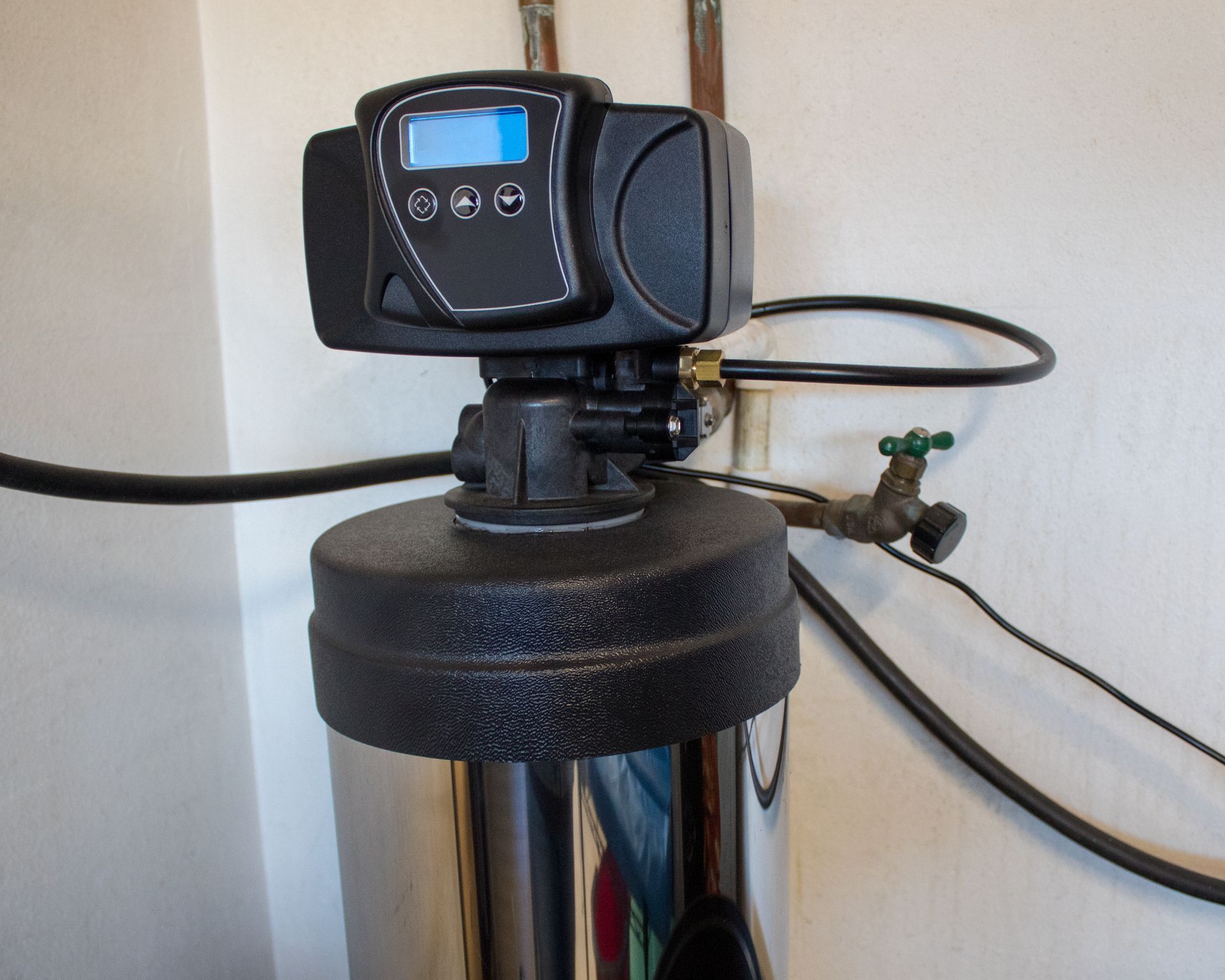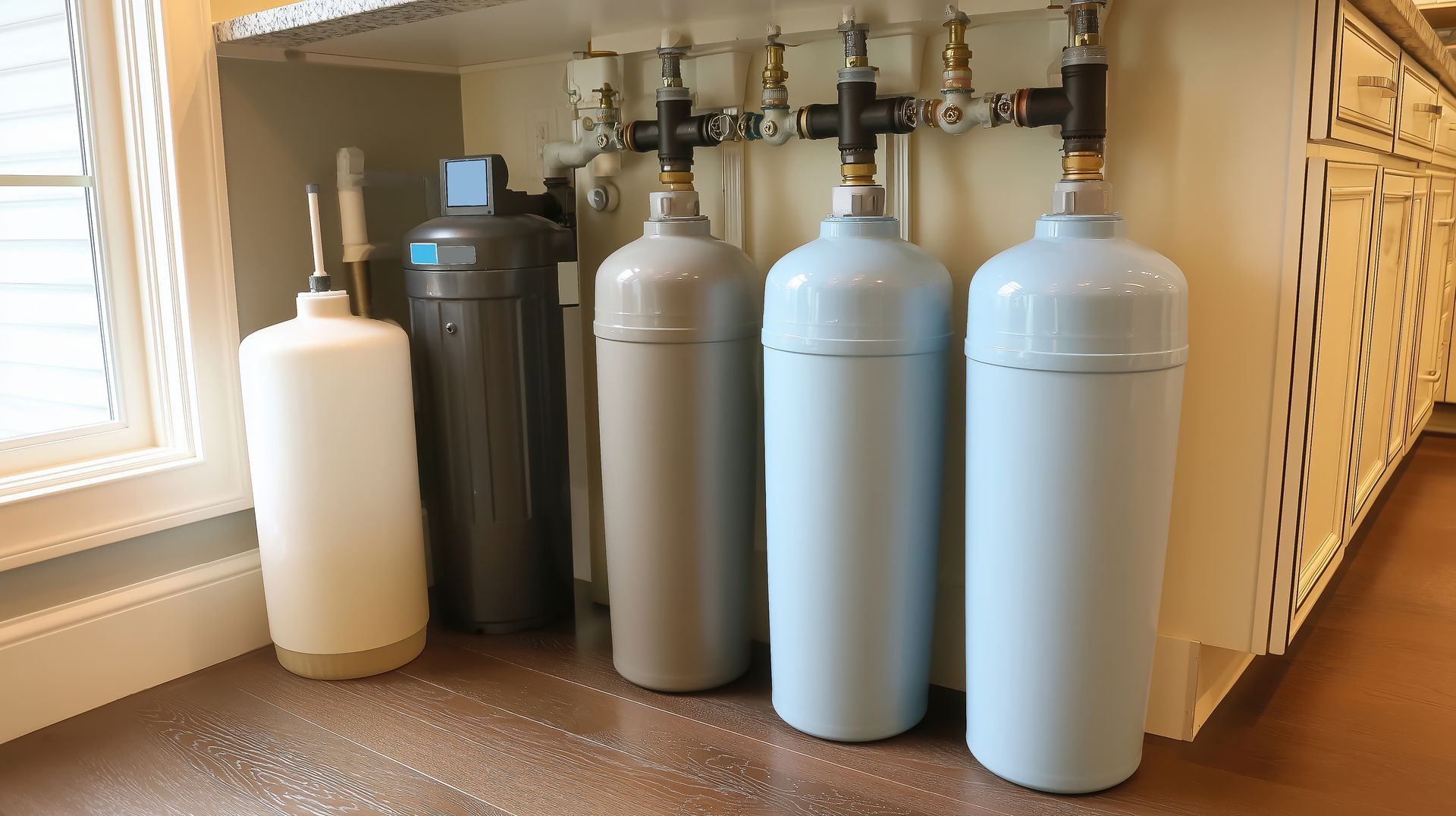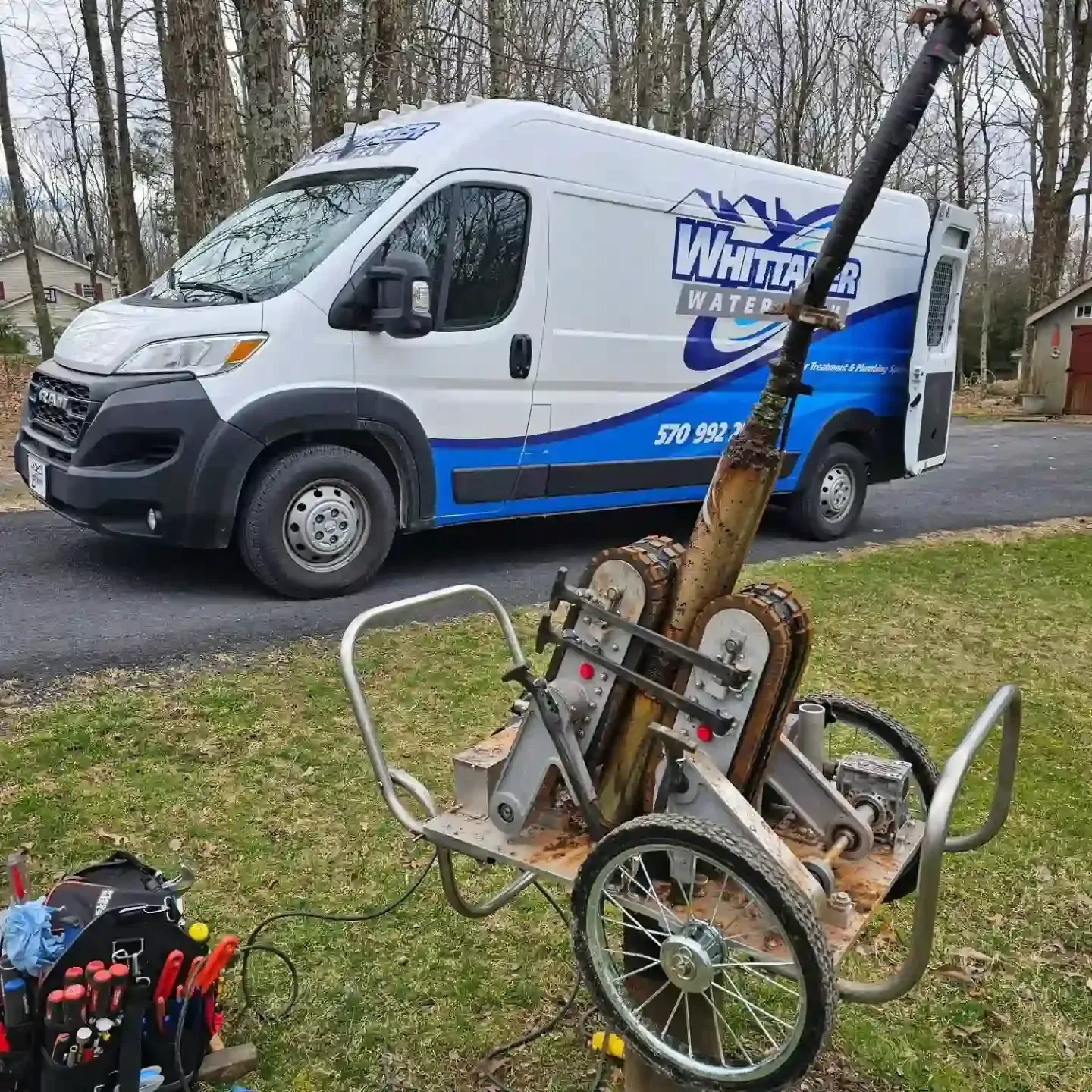Salt-Based vs Salt-Free Water Softeners
August 15, 2025
Hard water can cause a variety of problems in your home, including x reduced appliance efficiency, and dry skin or hair. Installing the right water softener can prevent these issues and improve your home’s water quality.
Two of the most popular options for homeowners are salt-based water softeners and salt-free water conditioners. Understanding the differences between these systems can help you choose the right solution for your residential or commercial water needs.
This article breaks down the key differences, benefits, and considerations for both systems, so you can make an informed decision.
How Salt-Based Water Softeners Work
Salt-based water softeners are traditional systems designed to remove hard water minerals, such as calcium and magnesium, through a process called ion exchange.
- The system uses sodium or potassium ions to replace calcium and magnesium ions in the water.
- As a result, hard water minerals are removed, preventing scale buildup on plumbing fixtures, appliances, and water heaters.
- These systems typically include a resin tank, a brine tank, and a control valve to regenerate the system periodically.
Key advantages of salt-based water softeners include:
- Effective scale prevention: Protects pipes, appliances, and water heaters.
- Soft water feel: Improves soap lathering, making cleaning and bathing easier.
- Long-term cost savings: Reduced wear and tear on plumbing and appliances.
How Salt-Free Water Conditioners Work
Salt-free water conditioners don’t remove hard minerals but instead alter the structure of calcium and magnesium so they don’t cling to surfaces.
- These systems typically use template-assisted crystallization (TAC) or nucleation-assisted crystallization to prevent scale.
- Hard water minerals remain in the water but form microscopic crystals that won’t attach to pipes, fixtures, or appliances.
- Salt-free systems are often referred to as descalers rather than traditional softeners.
Key benefits of salt-free water conditioners include:
- Environmentally friendly: No sodium or potassium is added to your water.
- Low maintenance: No brine tank or frequent salt refills required.
- Easy installation: Often smaller and simpler to install than traditional softeners.
Key Differences Between Salt-Based and Salt-Free Systems
Here’s a closer look at the main distinctions between these two types of water softening solutions:
- Water Softening vs. Conditioning: Salt-based systems remove minerals, providing true soft water. Salt-free systems condition water, preventing scale without removing minerals.
- Maintenance Requirements: Salt-based systems require regular salt refills and occasional resin cleaning. Salt-free systems are mostly maintenance-free.
- Environmental Impact: Salt-based systems release brine during regeneration, which can affect septic systems or the environment. Salt-free systems are eco-friendly.
- Effectiveness for Appliances: Salt-based softeners are highly effective at protecting appliances and plumbing. Salt-free systems reduce scale but may not prevent all mineral deposits.
- Taste and Sodium Content: Salt-based systems add a small amount of sodium to water, which may affect taste. Salt-free systems maintain natural water composition.
Which System Is Right for Your Home?
Choosing between a salt-based and salt-free water softener depends on your water hardness, home needs, and maintenance preferences.
- Salt-Based Water Softeners Are Best For:
- Homes with very hard water.
- Families looking for true soft water for bathing and cleaning.
- Protecting appliances like water heaters, dishwashers, and coffee machines from scale buildup.
- Salt-Free Water Conditioners Are Best For:
- Homes with moderate hardness.
- Homeowners seeking eco-friendly, low-maintenance systems.
- Those concerned about sodium intake or taste alterations in water.
A professional water analysis can help determine which system will provide the best results for your home or business.
Additional Considerations for Water Softener Installation
When deciding between a salt-based or salt-free system, keep these factors in mind:
- Water Usage: Salt-based systems require more water during regeneration, which may increase utility bills.
- Space Requirements: Traditional systems with brine tanks need more space compared to compact, salt-free units.
- Cost: Salt-based water softeners generally have a higher upfront cost but may provide better long-term protection. Salt-free systems are typically cheaper initially but may not prevent all scaling issues.
- Maintenance: Regular maintenance is critical for salt-based systems to function optimally. Salt-free systems require minimal upkeep.
By evaluating these factors alongside your water quality, budget, and household size, you can choose the solution that aligns best with your needs.
Conclusion
Understanding the difference between salt-based water softeners and salt-free water conditioners is essential for improving water quality and protecting your home’s plumbing and appliances.
At Whittaker Water Tech, we provide expert guidance and professional water softener installation services, helping homeowners and businesses select the best solution for their water conditions. Our team also offers water filtration, well pump services, and custom water treatment solutions to ensure you have safe, clean, and efficient water systems.
Contact Whittaker Water Tech today to schedule a consultation and find the perfect water softener solution for your home or business. Improve water quality, protect appliances, and enjoy the benefits of softened water tailored to your needs.
